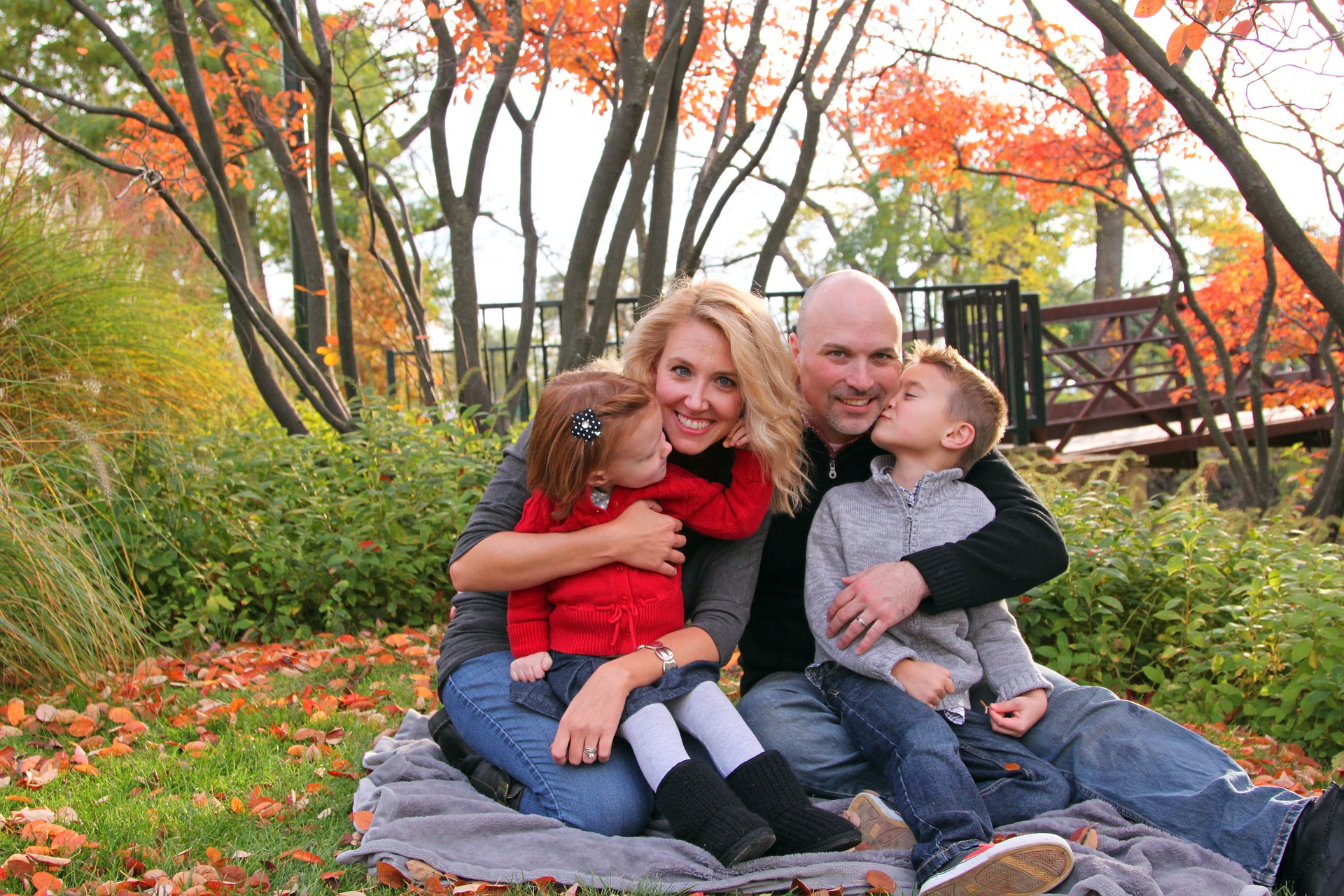During early childhood, one’s brain is more plastic (meaning more capable of change and adapting); this makes therapy highly effective during these years because the therapist can identify and address developmental delays before they grow into more severe difficulties.
Early childhood services, which include working on language, play, social, and adaptive skills, are essential not only for the child but also for the parent.
During these services, parents are provided with tools to help increase their child’s development. The core of early childhood services is based on positive parenting and interaction which can also decrease aggressive and antisocial behavior.
Applied Behavior Analysis (ABA) services provided by Behavior Trend incorporate early child development practices into the child’s ABA goals and procedures. Behavior Trend’s Board Certified Behavior Analysts (BCBA) and Behavior Technicians, who come from backgrounds in special education and early childhood, are mindful of the delicate processes involved when developing a meaningful ABA program for your toddler or young child.
In addition, Behavior Trend also provides Early Childhood Services for birth to 3 years of age provided through private pay. These services include Sleep Training, Potty Training, and Child Development. These services are delivered by higher level staff such as credentialed special education teachers and early childhood educators. .
Recognize These Signs
- Lack of mobility
- Repetitive motions
- Not following simple instructions
- Not responding to their name
- Regressing or loss of language
- Repeating phrases from TV shows
- Odd interests beyond their age level (i.e. a 2-year old naming all the U.S. Presidents)
- Not able to feed themselves using their hands and/or spoon/fork
- Lining up toys
- Not sharing enjoyment/interest with others
As Bill Gates said, “The first five years have so much to do with how the next 80 turn out”.
Give us a call and let’s talk through how we can make the first 5 years count for your child.




